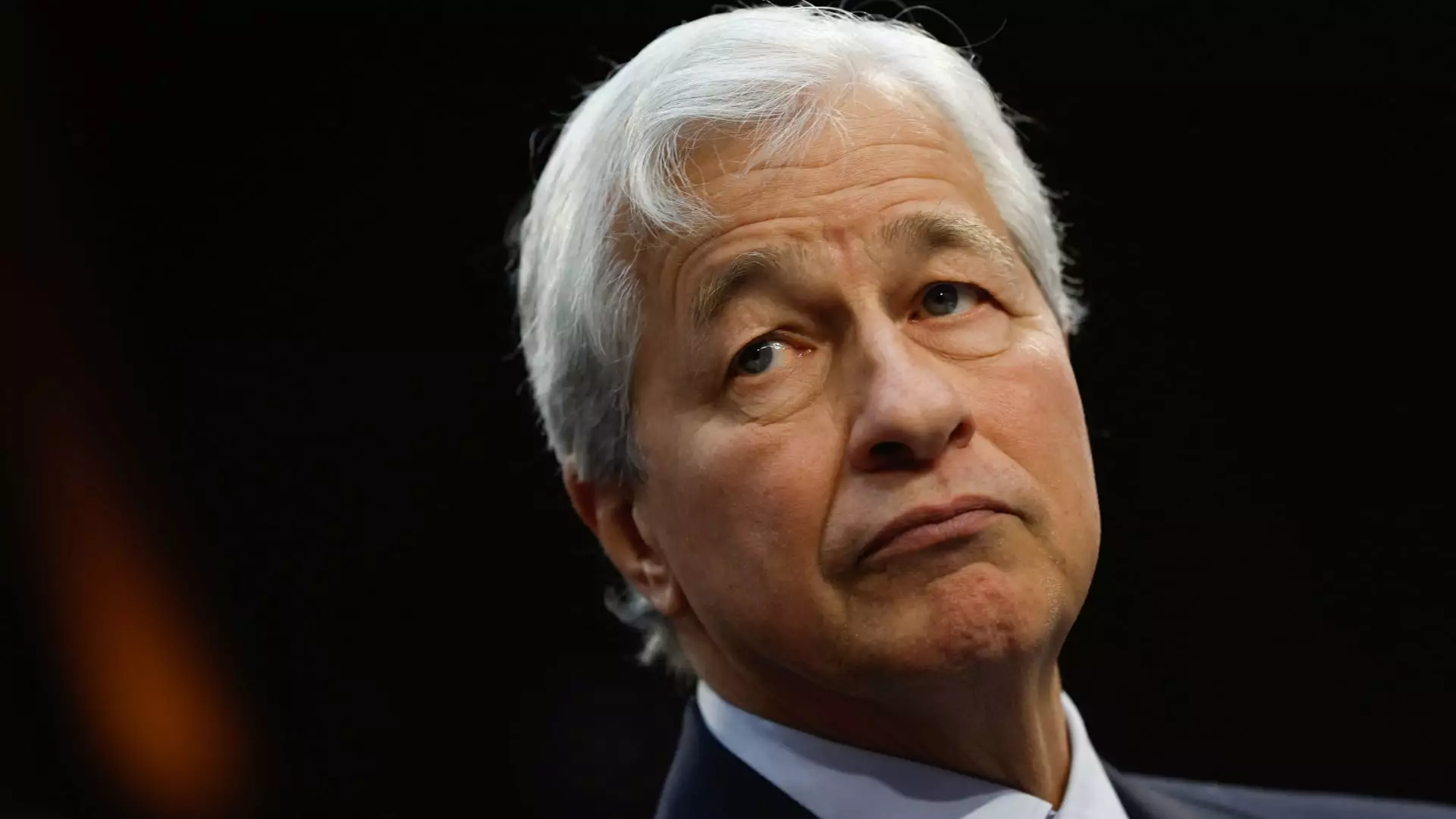Jamie Dimon, CEO of JPMorgan Chase, has consistently been vocal about his concerns regarding the instability gripping various regions across the globe. In his recent commentary, he highlights the escalating risks stemming from intensified conflicts in the Middle East alongside the ongoing war in Ukraine. These geopolitical tensions have not only humanitarian consequences but also a profound potential to disrupt global economic stability. Dimon emphasizes that the international balance established post-World War II is now jeopardized by these conflicts, along with rising tensions between the U.S. and China and fears of nuclear threats from nations such as North Korea and Iran.
As Dimon noted in multiple public statements, he deems the current state of affairs as “treacherous,” suggesting that the implications could ripple far beyond immediate borders and impact the trajectory of history itself. This assertion underscores his belief that strong leadership is crucial in navigating these perilous waters, particularly from American and Western leaders whose actions may dictate the outcome of these global tensions.
The conflict between Israel and Hamas, increasingly marked by violence and loss, recently reached a grim milestone—the one-year anniversary of the initial attack by Hamas. As fighting escalates, the situation has drawn in neighboring players, notably Hezbollah and Iran, exacerbating an already critical humanitarian crisis. Casualties have soared, with reports indicating tens of thousands of lives lost. The violence has spilled over into broader regional confrontations, illustrated by the recent airstrikes in Beirut that resulted in civilian deaths and injuries.
The volatile environment creates a precarious situation where retaliatory measures by Israel could potentially target Iranian oil facilities, further complicating the geopolitical landscape. The involvement of regional powers not only heightens the risk of war but poses threats to global energy supplies and the already strained international economy, which remains sensitive to oil price fluctuations.
Despite challenges, including persistent inflation and significant fiscal deficits, Dimon cautiously notes that there are signs of resilience within the U.S. economy. However, he warns that these isolated indicators should not overshadow the broader systemic issues at play. The American economy’s potential soft landing, facilitated by the Federal Reserve, is further clouded by the need for infrastructure renewal and a comprehensive restructuring of international trade.
Moreover, the recent increase in Russia’s defense budget signals a firm commitment to its invasion of Ukraine, further destabilizing the region and invoking apprehension about prolonged conflict. Analysts, including Dimon, suggest that such military expenditures could divert vital resources away from economic development and humanitarian assistance in favor of war efforts, thereby intensifying the existing global economic turbulence.
Jamie Dimon paints a stark picture of a world at risk, shaped by geopolitical conflict and economic uncertainties. His call for robust leadership resonates as an urgent plea for action amidst growing anxiety. As essential trade routes and international alliances face unprecedented challenges, the need for decisive and strategic responses has never been more critical. The interplay between global governance and economic stability remains inextricably linked, and the responses of today’s leaders will echo through history as we navigate these uncharted waters.


Leave a Reply